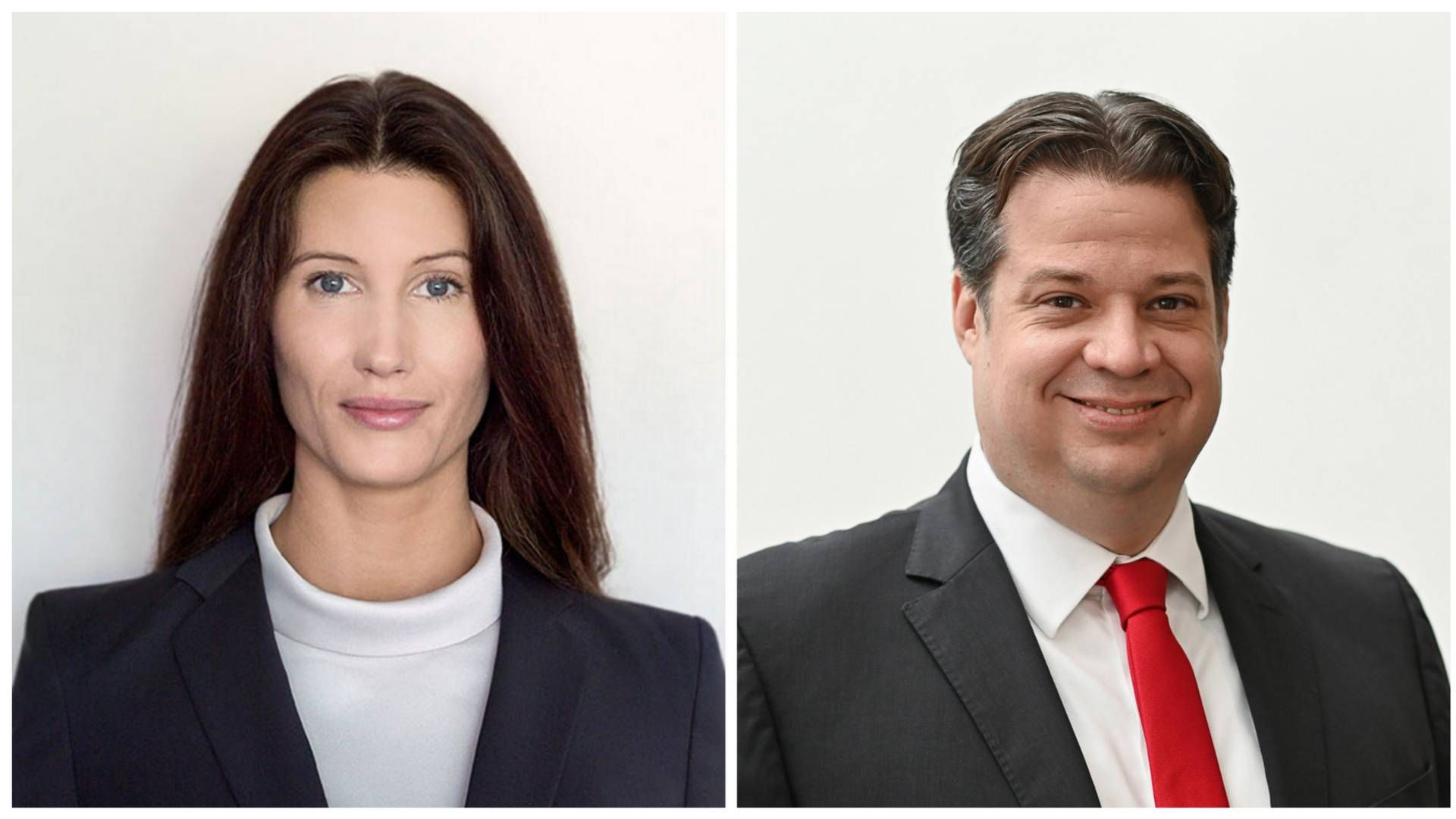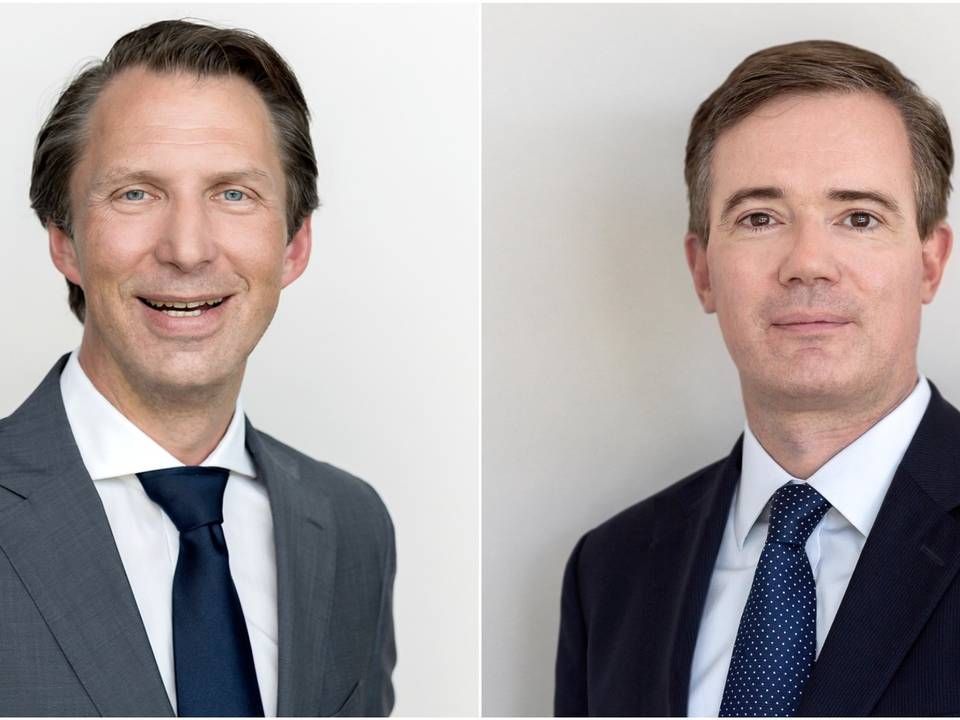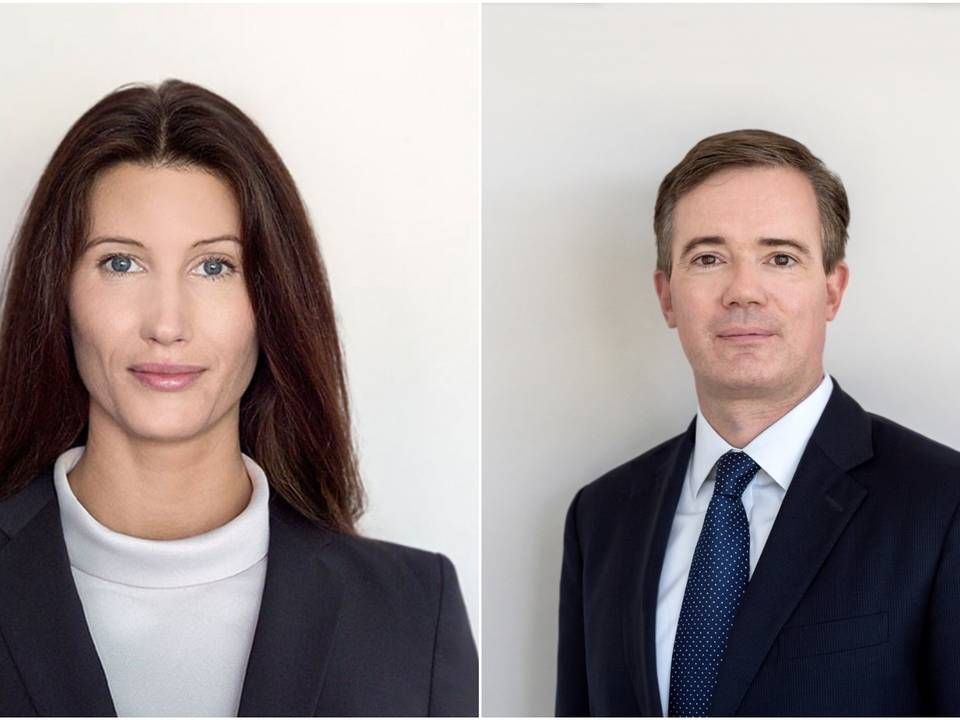Tier 3 and 4 investors enter the mix in new KGAL renewables fund

Alternative investment manager KGAL is approaching the next close of its fifth European renewable energy fund, KGAL ESPF 5.
The goal is to raise EUR 500m for investing in solar, wind and other renewables projects across Europe and the firm is over halfway there as it approaches its next close.
According to Elin Aberg, KGAL Senior Director of Institutional Business Development for the Nordics, life and pensions companies make up the bulk of the committed capital, but KGAL has started to see broader diversification of its investor base despite the minimum ticket size of EUR 5m.
“We have started to find that more Tier 3 and Tier 4 investors want focused specialist exposure to renewables. We have seen them make fund investments directly, but also increasingly through investment consultants,” she tells AMWatch.
ESPF 5 is an Article 9 fund that aims to achieve a target return (net internal rate of return) of 7-9 percent over its 10-year term while investing in European renewable energy assets.
The firm entered the renewables market in 2003 and established its first photovoltaics mutual fund in 2005. Since then, the firm has made investments totaling around EUR 3.2bn in more than 129 photovoltaic plants and wind farms across the continent.
“What investors seem to like is our experience, and the fact that the investment pipeline keeps getting stronger. We continue to repeat our processes with many of the same project developers across Europe and investors seem to like that continuity. It makes sense for both us and the developers to reinforce our existing collaborations. This is something new entrants into the renewables sector might struggle a bit more with,” she adds.
The ESPF 5 fund has currently deployed around 20 percent of its capital across four investments.
The fund’s most noteworthy investment to date was announced in January a 50 percent stake in German wind and solar energy project developer GP Joule Projects where the asset manager acquired a 25 percent stake in the firm for each of its funds KGAL ESPF 4 and KGAL ESPF 5.
According to Carsten Haubner, portfolio manager of ESPF 5, new political winds across Europe are making the process of investing in renewable assets smoother.
”In Germany, we had difficult approval processes and a lack of new approved capacities, and we expected this to change as a result of the election and the influence of the Green Party,” he says, referring to 2021 German federal election where the Green Party became part of the government.
“This was a triggering event for going into this transaction. I think new discussions about securing an independent electricity supply have made this investment even more important and well-positioned to participate in the expected ramp-up of renewables in Germany,” he says.
The Russian invasion of Ukraine has increased the need for renewable energy capacity in Europe. Several countries, including Denmark and Finland, have seen Russia shut down natural gas supplies because they have refused to make payments in rubles.
Haubner highlights that many countries such as Italy, Spain, and Poland are in the process of making the approval process for new renewable energy projects easier to speed up the process of energy independence.
“This is positive for investors like us because it will enable a stronger deal flow. The task now is basically to position ourselves to participate following the easing of the approval process to take advantage of the expected increase in capacity generation coming to the market,” Haubner explains.
Besides the investment in GP Joule, ESPF 5 has made an investment in Italian solar and wind project developer Baltex Progetti. The company is currently building renewable energy capacity of more than 300 megawatts, which can supply around 150,000 households.
Another acquisition in Southern Europe is imminent.
“Both these markets have also signaled that they will ramp up new capacity. We have a very strong European pipeline, around 50 percent of the raised capital for ESPF 5 is expected to be deployed by the end of this calendar year, and we expect this fast but considered pace to continue for some time,” Haubner says.
KGAL is based in Germany and manages EUR 16.5bn across the real estate, aviation and infrastructure asset classes.
KGAL launches planned greenfield renewables fund
KGAL floats idea for co-investments in green energy with Nordic ”know-how” investors















